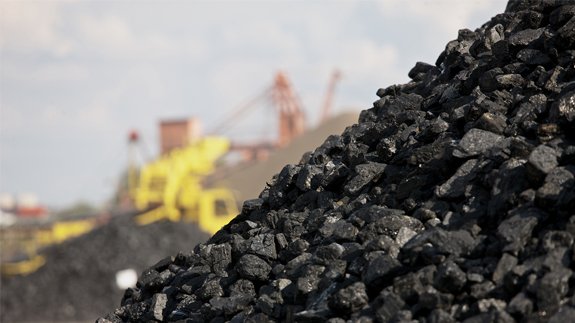Many of the world’s leading coal mining companies are failing to effectively manage the business risks arising from climate change.
That’s according to a new report from the Transition Pathway Initiative (TPI) – backed by asset owners and investors with more than £4 trillion of assets under management – which evaluated the management policies of 20 firms.
It found some of the coal mining firms are “falling short” on managing carbon emissions and small to medium sized companies are “lagging behind” the larger, more diversified firms.
Anglo American, BHP Billiton and Rio Tinto are said to be performing well in contrast to DMCI Holdings, Inner Mongolia Yitai Coal and Shougang Fushan Resources Group, which the report claims “do not appear to publicly acknowledge climate change as a business issue at all”.
It also found fewer firms measure their lifecycle carbon emissions and the sector as a whole lags behind the electricity utilities industry.
It points out all companies in the sector could significantly improve their management practices and disclosures on climate change.
However, the assessment – carried out by the London School of Economics’ Grantham Research Institute of Climate Change and the Environment with data from FTSE Russell – only covers management quality as many mining firms “do not yet publish adequate data on carbon emissions to evaluate performance”.
Adam Matthews, Co-Chair of TPI and Head of Engagement for the Church Commissioners and Church of England Pension Board said: “As investors, we are pleased to see some of the largest general mining companies addressing the risks to their business posed by climate change. They are clearly engaging at a strategic level with the transition to a low carbon economy.
“However, we still need to be able to assess the future carbon reductions of these companies against the globally agreed 2°C pathway. As of today, there is still insufficient data disclosure to be able to assess this. It is also extremely concerning that a significant group of mining companies do not even seem to be acknowledging the fundamental risk to their businesses posed by climate change.”
A total of 11 leading banks, representing more than $7 trillion (£5.4tn) in capital, have committed to work with the UN to promote climate transparency in financial markets.





